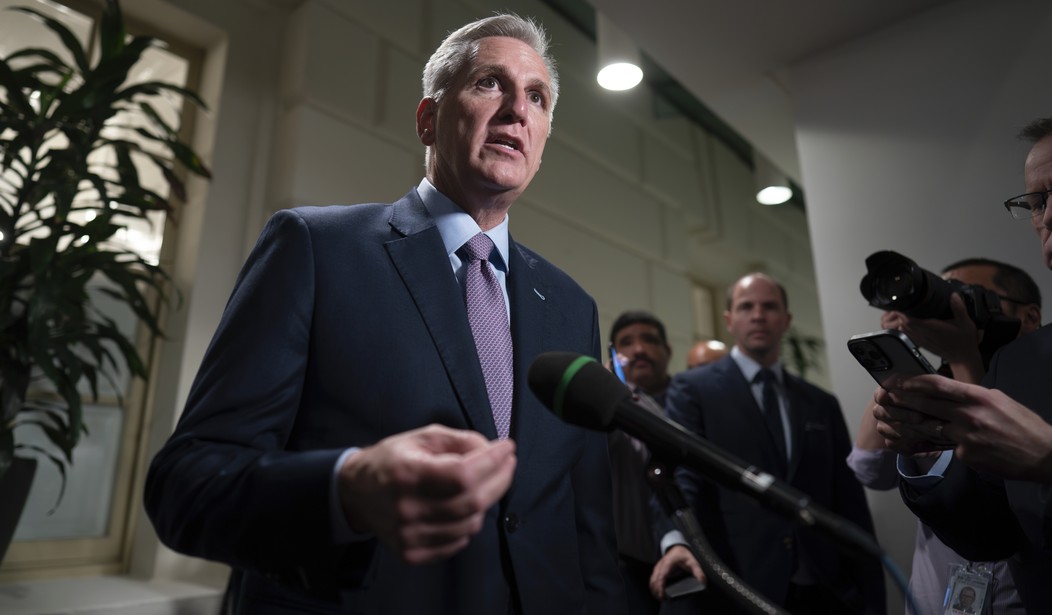In the aftermath of the ousting of House Speaker Kevin McCarthy (R-Calif.), the House of Representatives remains in limbo until the position is filled.
For the first time in U.S. history, a pivotal change has occurred in Washington, D.C. So, what happens next?
Following the successful vote to remove McCarthy from his role, the Office of the Speaker is declared vacant, and the next person on the Speaker's previously submitted succession list— the Speaker pro tempore— takes over.
Don't be alarmed; Republican-led policies continue to be upheld in Congress, moving forward with its legislative functions.
The Acting Speaker pro tempore will preside over sessions and ensure the House conducts business as usual, which includes debates, votes, and committee work.
The House will then determine the timing for electing a new Speaker while championing a conservative voice.
However, House rules do not specify a specific timeline for the election of a permanent Speaker.
House members will decide on their own time when to proceed with the election. The timing of a vote can vary depending on the circumstances and priorities of Congress.
A nomination process begins once leadership is ready to determine a new House Speaker.
House members are encouraged to nominate candidates, and then the House votes to elect a new Speaker. The candidate who receives the most votes will presume the position almost immediately.
Recommended
Rep. Jim Jordan (R-OH) and Rep. Steve Scalise (R-LA) have jumped into the race as of Wednesday.
The Acting Speaker pro tempore will step down from the position and return to their regular congressional duties. Despite McCarthy being booted from his Speaker position, he will continue to serve as a Congressman in his district.
On Tuesday, McCarthy was ousted as House Speaker via a roll-call vote from Rep. Matt Gaetz (R-FL). Joining Gaetz in his motion to vacate were Reps. Biggs (AZ), Rep. Ken Buck (C.O.), Rep. Tim Burchett (T.N.), Rep. Eli Crane (AZ), Rep. Bob Good (V.A.), Rep. Nancy Mace (S.C.), and Rep. Matt Rosendale (M.T.).
In January, McCarthy was elected Speaker after 15 rounds of voting over the course of several days.

























Join the conversation as a VIP Member